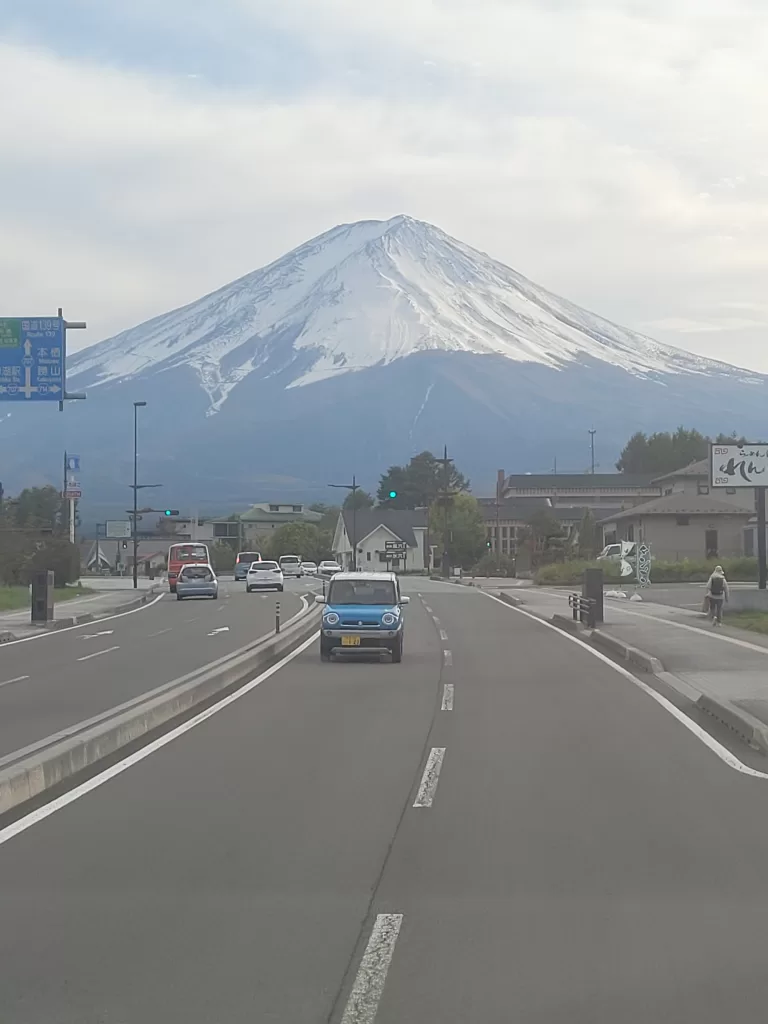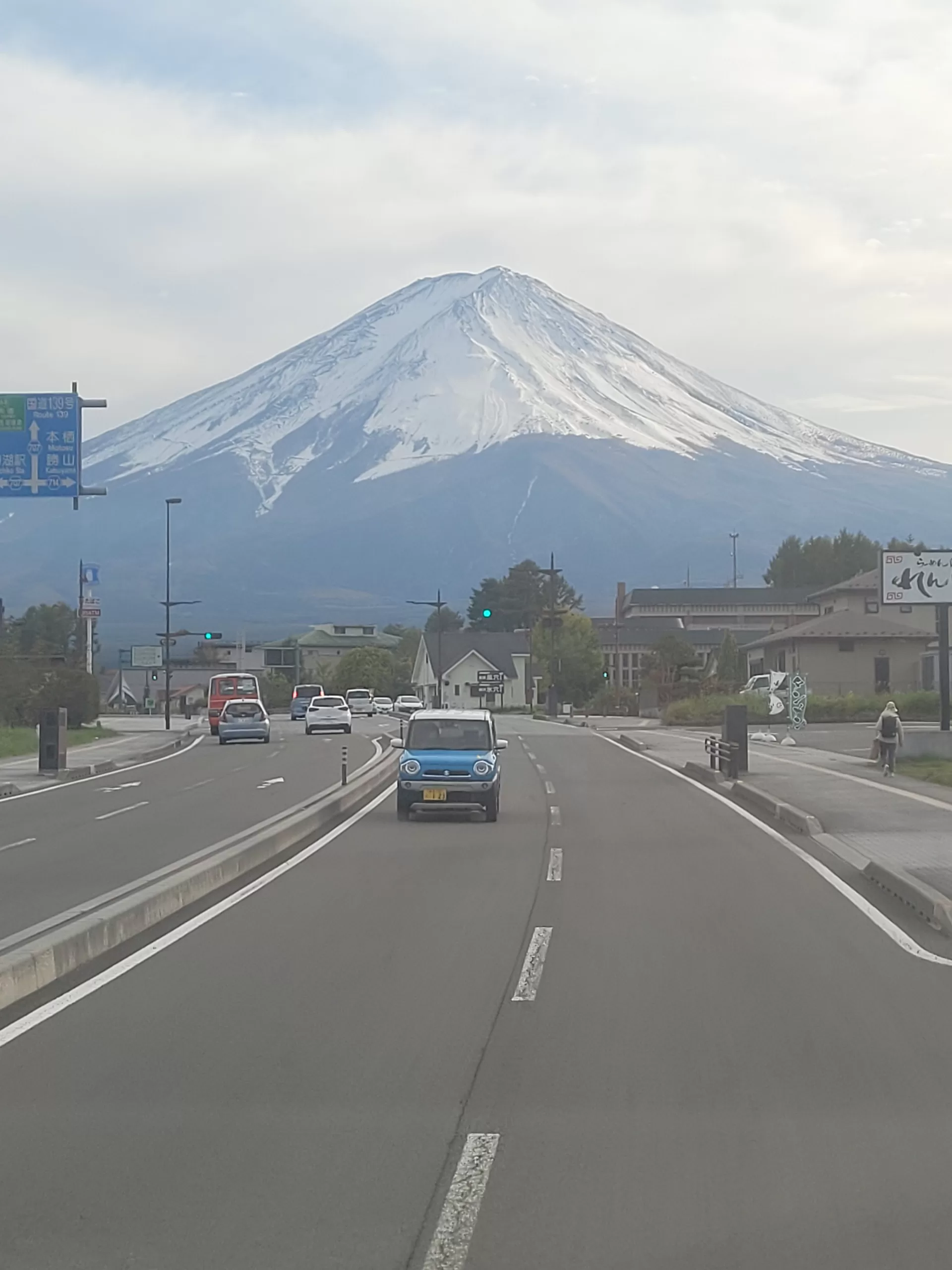You’d be surprised how far you can get with sign language alone, but combining it with these 5 Japanese phrases will do wonders for you!

1. Sumimasen – “Excuse me”
Pronounced “soo-mi-ma-sen,” this expression does not specifically translate to “excuse me,” but is typically used in the same sense. What makes “sumimasen” one of the most useful Japanese phrases is its flexibility of application.
In addition to grabbing the attention of a customer service person, you can also use this phrase to apologize when you’ve bumped into somebody or if you’ve made some kind of mistake. You can also say “sumimasen” as a way to get somebody to repeat themselves or to prompt them to use a simpler way of communicating.
2. Kore – “This”
Pronounced “koh-reh,” this one literally means “this,” but can be used in a wide variety of applications. Perhaps the best use for it is when it comes to ordering food at a restaurant with an all-Japanese menu, as you can simply point to a picture and say “kore.”
Using “kore” alongside sign language can save you from needing to learn a bunch of vocabulary, coming in handy when dealing with shop cashiers and restaurant staff. It can also be a useful word when looking for directions, as you can simply point to a spot on your map, ask “kore?” and the recipient will likely understand your request.
3. Doko desu ka? – “Where is it?”
Pronounced “doh-koh-des-ka,” this phrase literally means “where is it,” which is certainly a step up from “kore.” This term is especially useful when looking for the toilet, as you can simply say “toi-reh doko desu ka?” which translates to “where is the toilet?”
Truthfully, there are many Japanese words that are derived from the English language, such as “toi-reh” (toilet), “tenisu” (tennis), and “hoteru” (hotel). Keeping this in mind, if you are ever lost, it is always worth a shot to try asking someone by simply using the English word of your desired destination followed by “doko desu ka?” you’ll be amazed at the results!
4. Nan desu ka? – “What is it?”
Pronounced “nun-des-ka,” this is one of the most useful Japanese phrases which translates to “what is it?” This phrase will definitely get you places, particularly if the Japanese person you are speaking with is willing to use their English skills or sign language to explain something to you.
You would be surprised how many Japanese people can speak basic English, as this is often a requirement in their school’s learning curriculum. That being said, if you are faced with a restaurant menu or some instructions that are all in Japanese, it can be handy to ask an authoritative person “kore nan desu ka?” (what is this?) and you’ll likely get a satisfactory explanation.
5. Arigatou gozaimasu – “Thank you”
Last but not least, “arigatou goizaimasu” (pronounced “ah-ri-ga-toh goh-zai-mas”) simply means “thank you.” This is a phrase you’ll probably hear a lot more than you use, as customer service is held to a high standard in Japan so you’ll likely hear it each time you leave a store or restaurant.
Regardless, it’s a phrase you’ll want to keep in your back pocket as it will show the locals what a pleasant individual you are. The Japanese have high respect for foreigners that attempt to use the language, and showing your appreciation with a simple “arigatou gozaimasu” or even just “arigatou” can go a long way in spreading a smooth and positive vibe wherever you go.
Of course, if you are planning to visit Japan, you’ll need a way to get around the country as efficiently and affordably as possible. Japan Rail provides an abundance of travel passes to suit your travel needs. So whether you are traveling individually or as a group, the JR Pass is every traveler’s go-to for getting around and making the most of your time in Japan!

